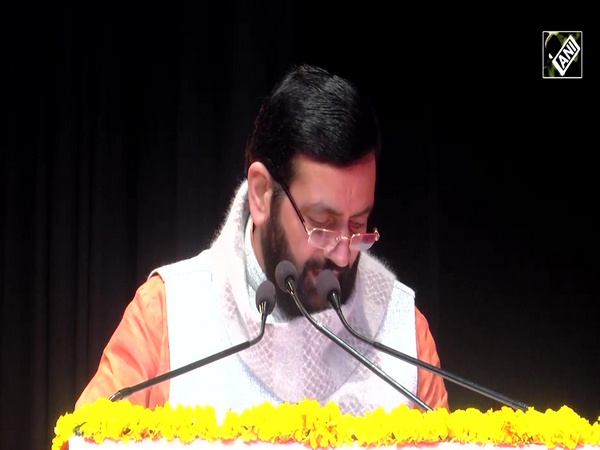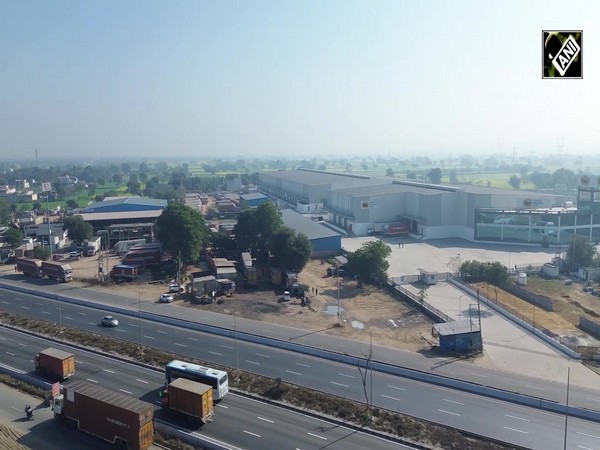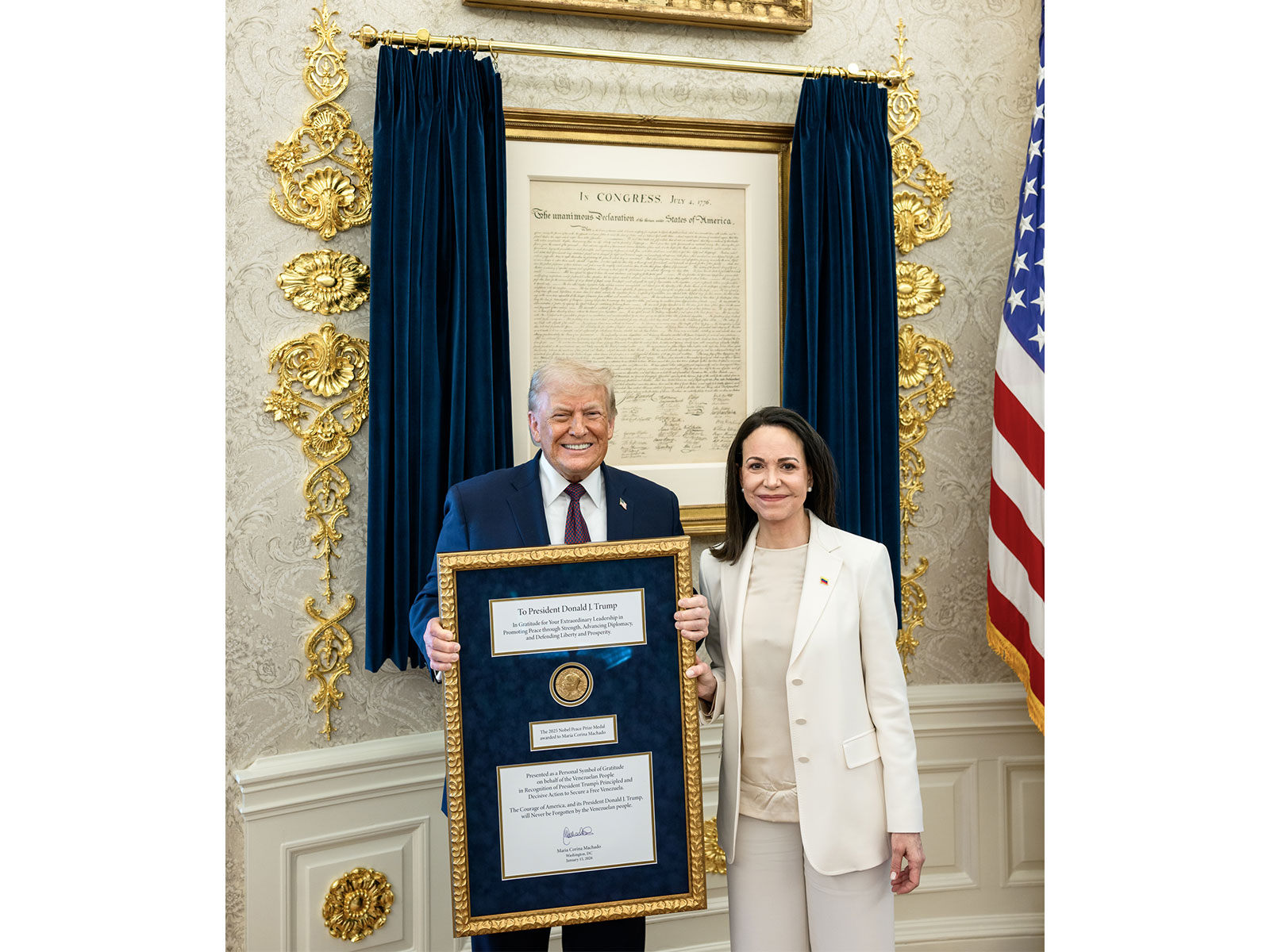
Govt should "mandate low carbon" products, says JSW Group's CSO
Nov 04, 2025
New Delhi [India], November 4 : The government should "mandate low carbon products" to accelerate India's industrial transition towards sustainability and should start with public procurement, according to Prabodha Acharya, Chief Sustainability Officer, JSW Group.
"This is about identifying and encouraging the projects which can make a difference in the industrial transition to low-carbon products," Acharya told ANI on the sidelines of the Industrial Transition Accelerator event in New Delhi.
Mandating low-carbon products involves governments creating policies that require or incentivise the use of goods and materials with lower greenhouse gas emissions, such as setting quotas for near-zero-emission materials, incorporating them into public procurement, and establishing product standards.
These mandates aim to stimulate demand, create market certainty for green products, and accelerate the transition to a low-carbon economy in sectors like heavy industry and construction.
He further stated that the only support industry required from the government in the direction of decarbonisation is to mandate the product for its uses.
"Look, in any country like India Government is one of the biggest consumers. Whether it is steel cement or anything you take. So mandating a low-carbon product will make that rule available so that the project happens," he said.
Giving example of mandate of some percentage of renewable energy into the total energy helped the generation and consumption of green energy in the country, he said " Similarly, it can be low carbon steel products, green steel, and low carbon cement, green cement, and putting a percentage of minimum consumption into the total consumption and it can start with public consumption."
Acharya concluded that such mandates would "make the rule available so that the project happens.
Acharya said the ITA focuses on "identifying and encouraging projects which can make a difference in the industrial transition to low carbon products" and aims to make the shift "faster in a commercially viable manner."
He noted that industries face key hurdles in making this transition.
"If you look generally, the industry faces three challenges -- finance at a cheaper cost, there has to be demand for low carbon products in general, and there has to be technology available to make those transitions happen," he said.
Despite the obstacles, Acharya said companies must show leadership.
"Somebody has to be a leader. You need to find ways how you can close those and make those financially viable and go ahead and implement these projects," he added.
























